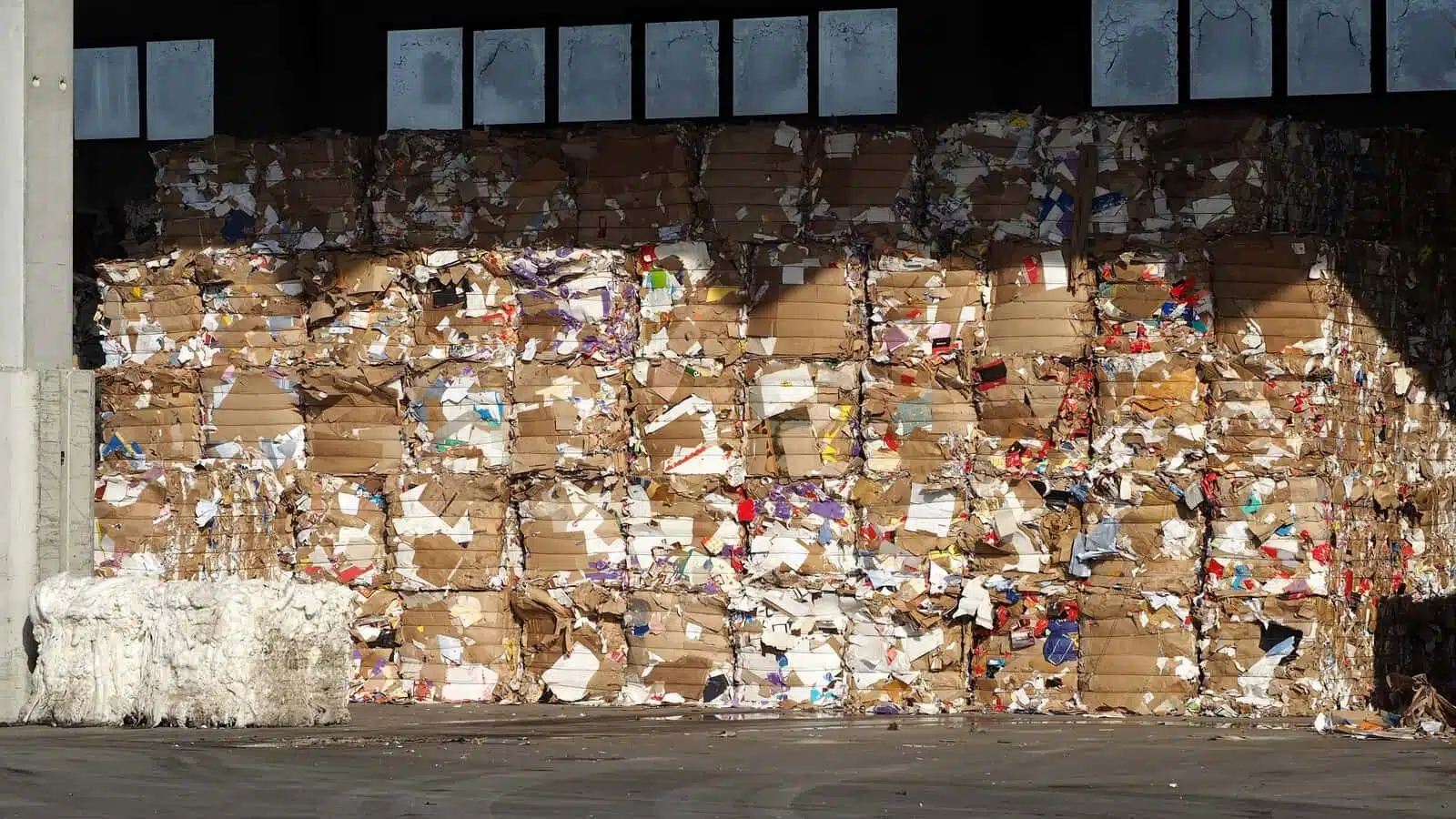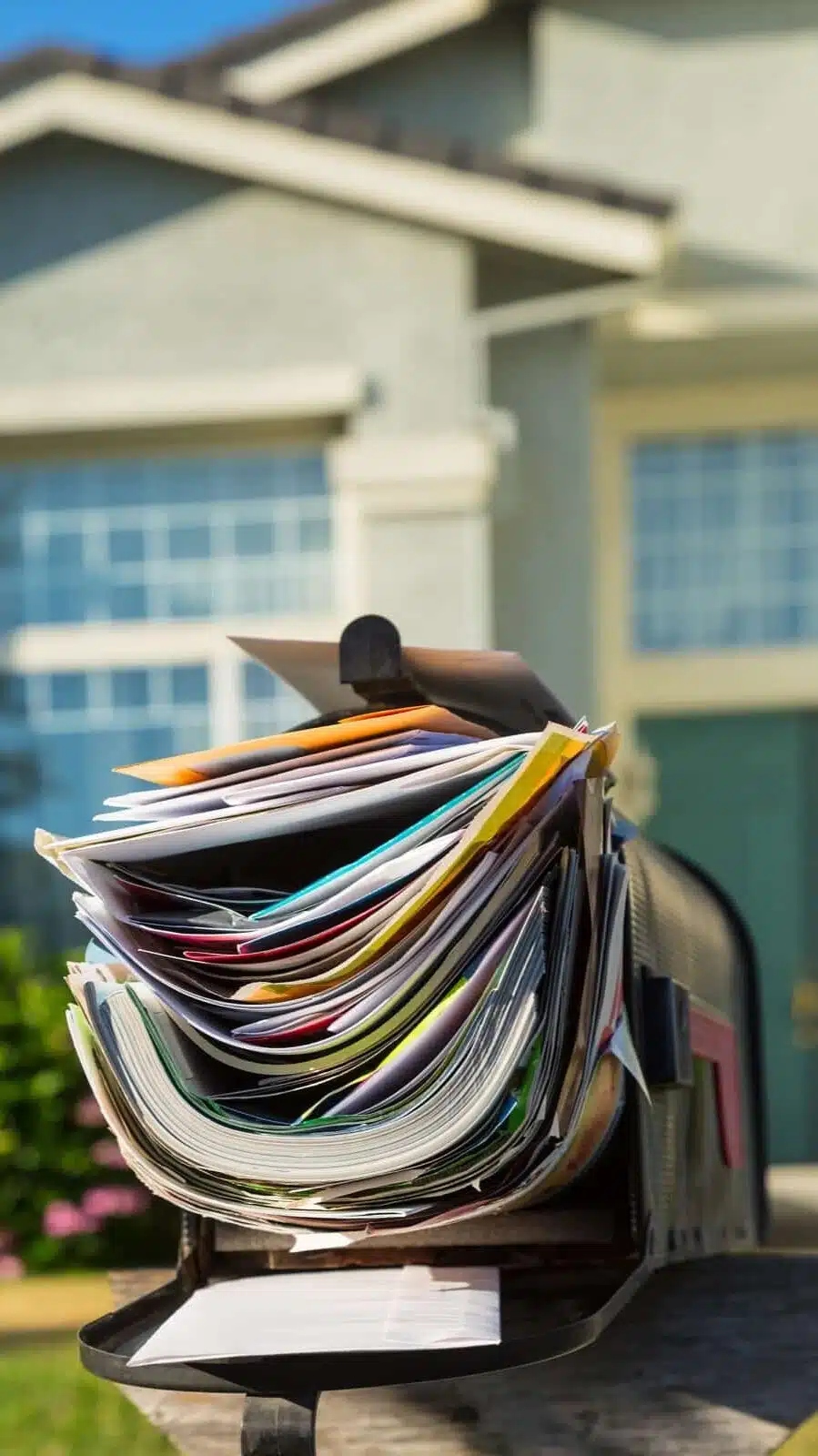With so many headlines about how the environment is being harmed, it makes us wonder, what are we doing that is good for our environment? Let’s begin with what we, PaperWorks, specialize in – paperboard! According to the Environmental Protection Agency, 69,000,000 tons of paper are consumed each year in the United States1. In addition to that, about 37% of all fiber used to manufacture paper is from a recyclable source. PaperWorks contributes to that metric!

At PaperWorks, 100% of the paper manufactured at our mills is from a recyclable source. Each year, thousands of tons of recyclable paper will be unloaded at our mills. Eventually, the raw bales of paper will be converted into pulp, then into a sheet, and subsequently into a finished product. In the paper making process, any off-grade paper will be put back into the process, so nothing is wasted. Likewise, our finished product, after being used by the consumer, has a chance of making its way back to one of our mills! This helps create a circular economy of paperboard and is how PaperWorks helps the environment!

Next, let’s talk about our daily routines and how sustainability plays a role. First, we wake up in the morning, brush our teeth, and shower. Afterwards, we dress for the day, eat breakfast, maybe drink coffee, and then make the commute to work. At face value, these actions seem common and pointless to relate how we help our environment. If you dig deeper into these daily actions, one of the common themes is sustainable development. According to the UN World Commission on Environment and Development3, sustainable development is the act of expanding (e.g., economically, socially, and/or environmentally) in ways that ensures the future of humanity is not in jeopardy. For our daily routines to take place, sustainable development must come first, and it does.
Let’s start with an example of how we collectively and sustainably develop, and how PaperWorks plays a role in this process. In fact, we help sustainably develop some of our routines. When you open a new box of toothpaste, or a box of breakfast sandwiches, there’s a good chance the paperboard was produced at a PaperWorks mill and packaged at a PaperWorks packaging facility. In both production and packaging of these goods, sustainable development takes place. On the mill side, PaperWorks brings in massive amounts of recyclable paper, thus reducing the need of virgin pulp. During the production of the paper, clean energy sources (e.g., natural gas) are used to develop steam for the paper, while essential chemicals are sustainably used.
Further down the production road, water from the process is recycled at a Secondary Wastewater Treatment Plant and reused by the Mill. Some of the water is then further treated and discharged in a cleaner state than the receiving water with byproducts (i.e., sludge) being reused in agriculture. Likewise, PaperWorks packaging facilities must follow extreme sustainable practices to achieve food grade status.
In the grand scheme of things, this might seem like a microscopic example of how we sustainably develop and help our environment. All walks of life play a part in sustainable development, including you. Unfortunately, we can’t discredit the effects we have had on our climate. The years of unsustainable development have affected us. With a growing focus on sustainability and compliance, however, we are optimistic environmental and sustainable development will improve. According to Herring and Lindsey2 from climate.gov, “reducing emissions overtime could slowly revert the effects of unsustainable development.” PaperWorks is a part of this continuous strive for sustainable development.
1 Environmental Protection Agency (n.d.). Wastes – Resource Conservation – Common Wastes & Materials- Paper Recycling. Retrieved from Frequent Questions | Paper Recycling | US EPA
2 Herring, D. & Lindsey, R. (2020, October 29). Can we slow or even reverse global warming? Retrieved from https://www.climate.gov/news-features/climate-qa/can-we-slow-or-even-reverse-global-warming
3 UCLA (n.d.). What is Sustainability? Retrieved from https://www.sustain.ucla.edu/what-is-sustainability/





